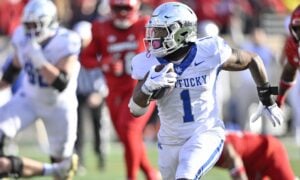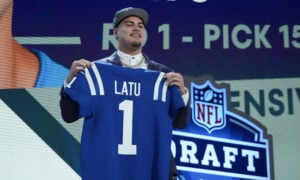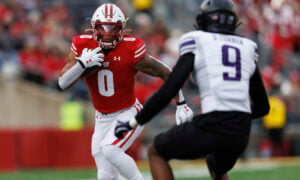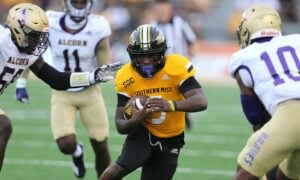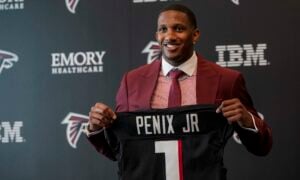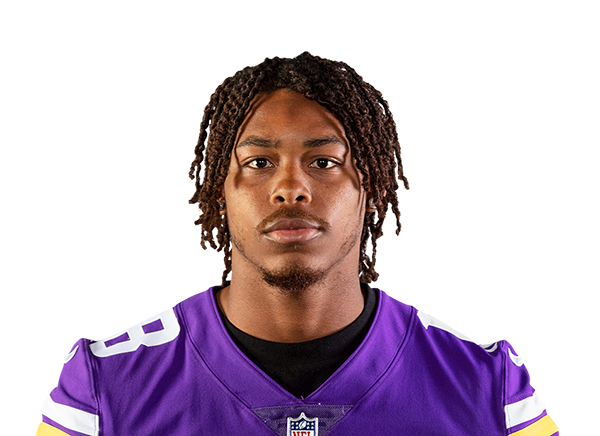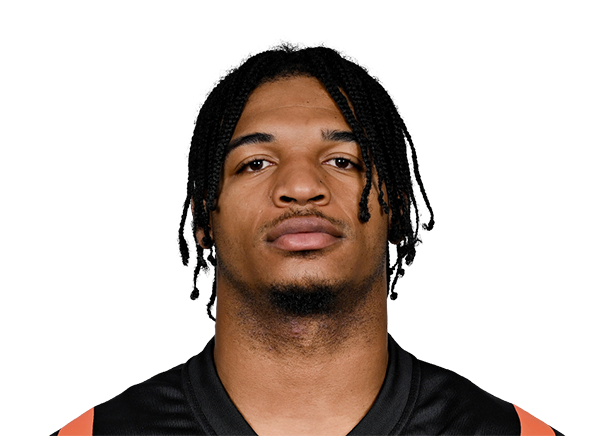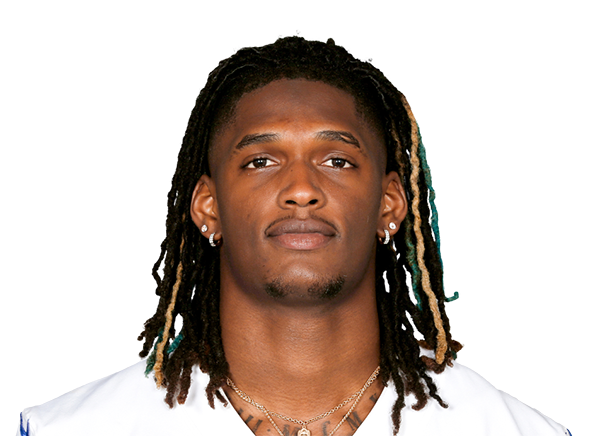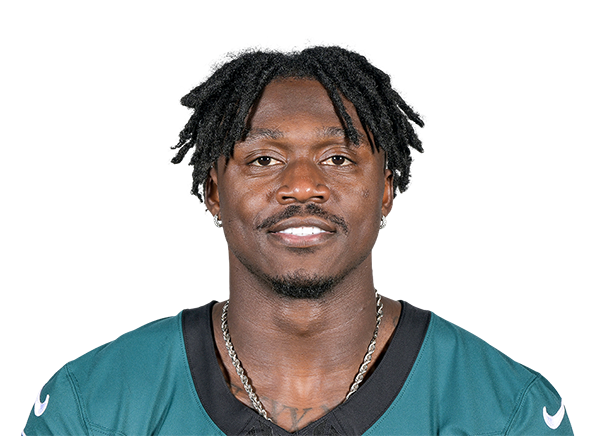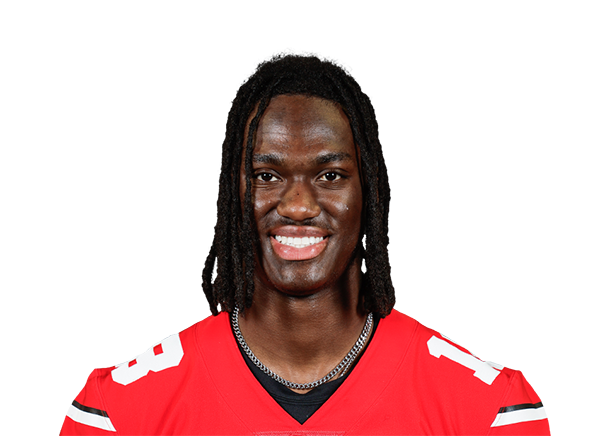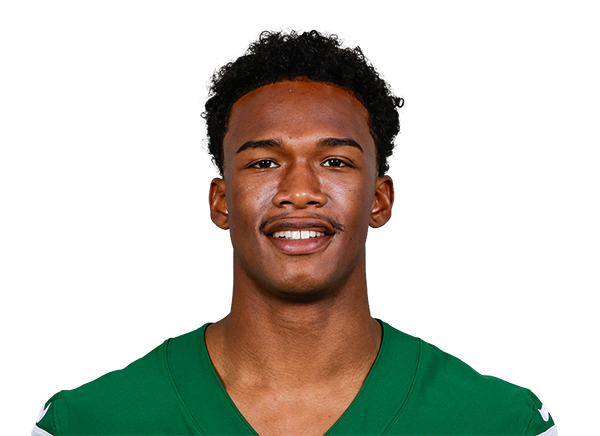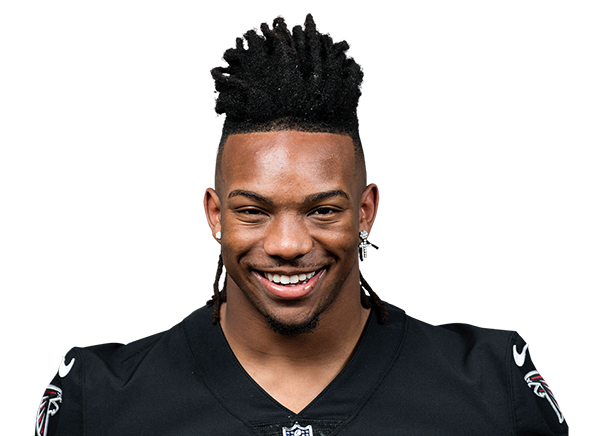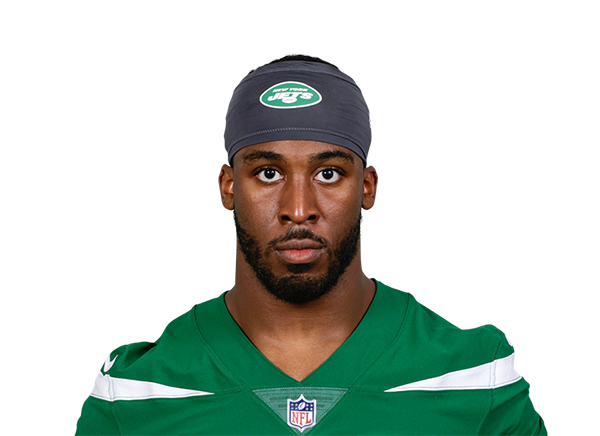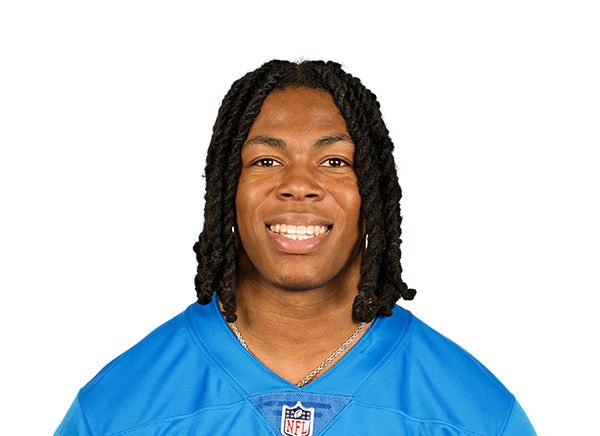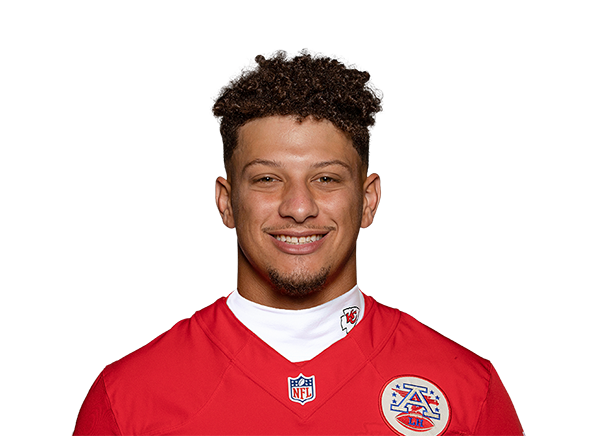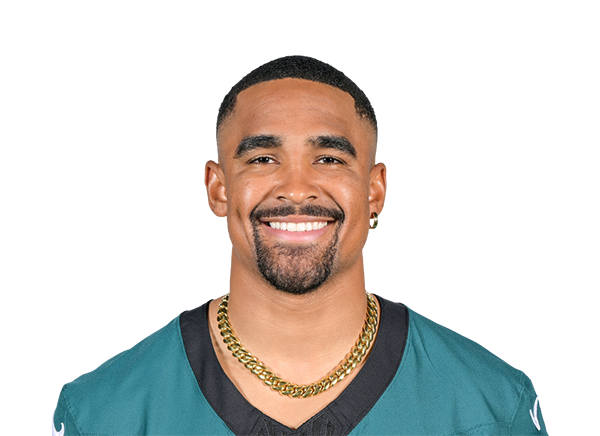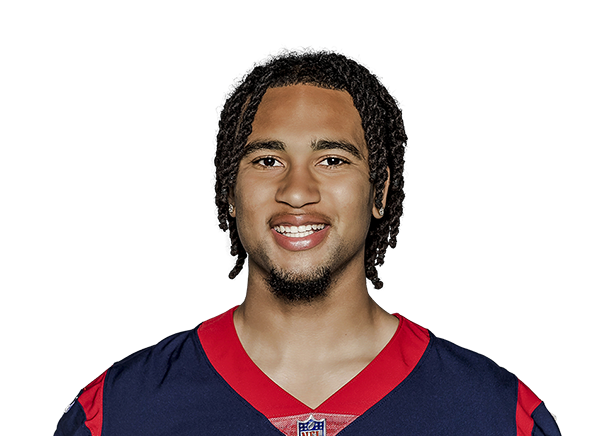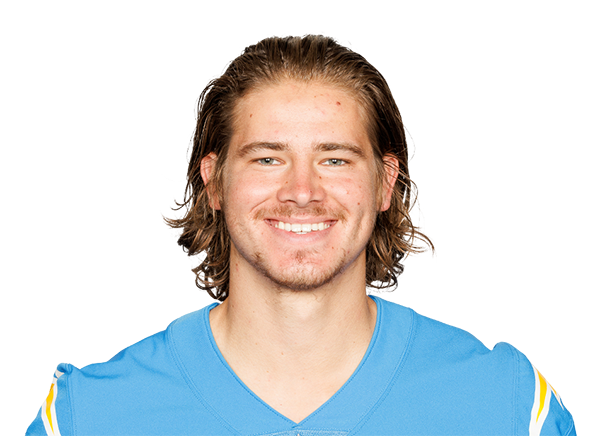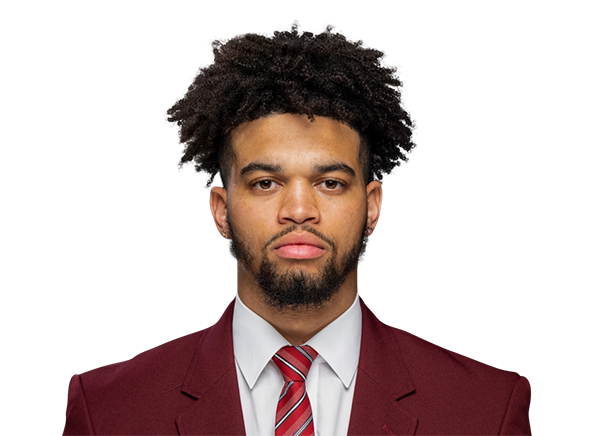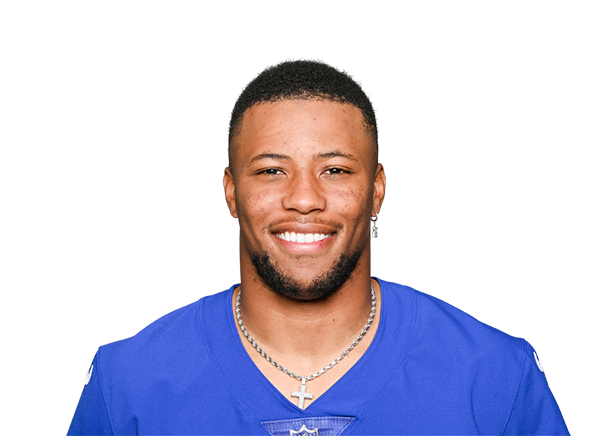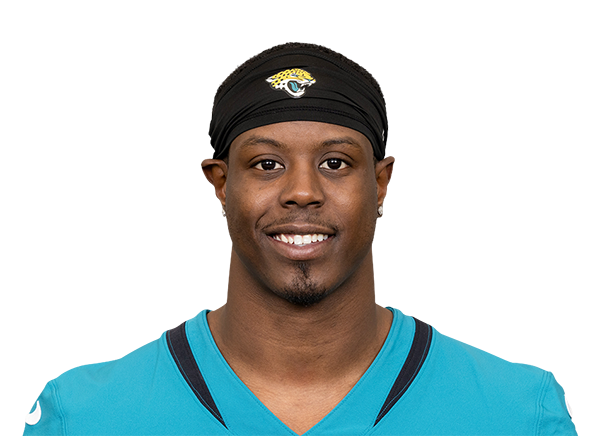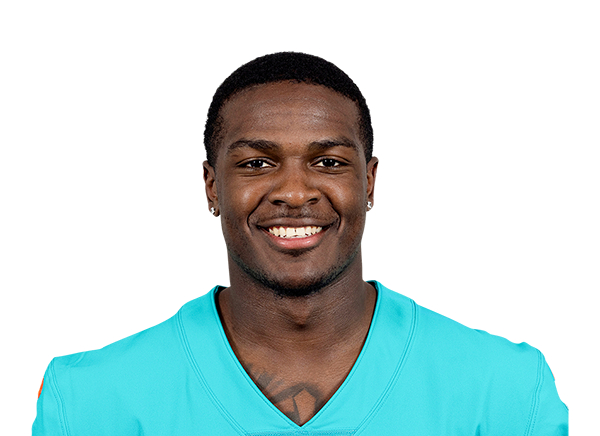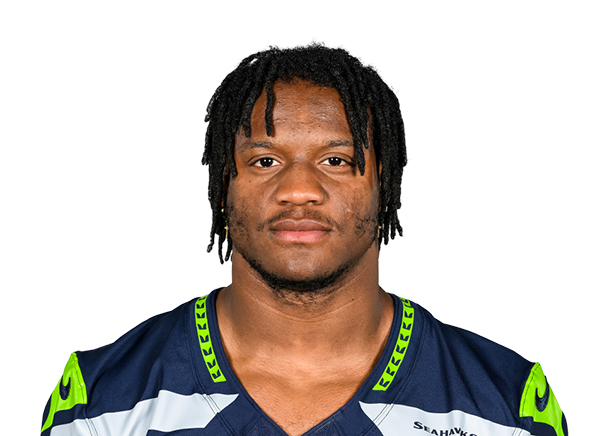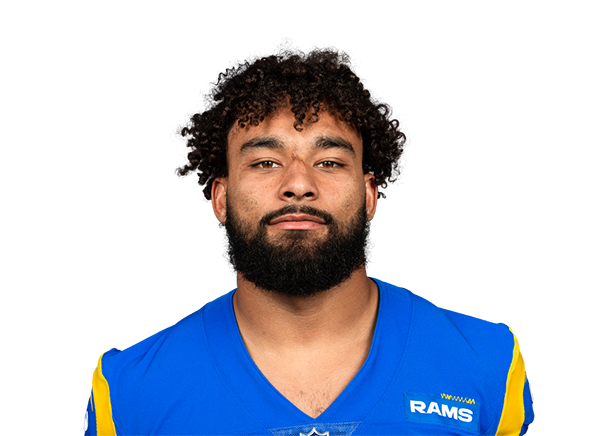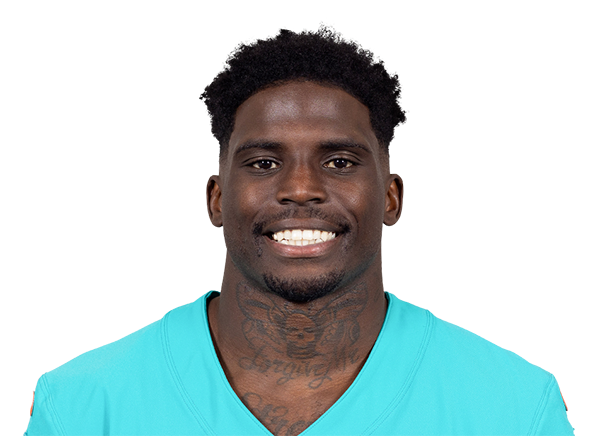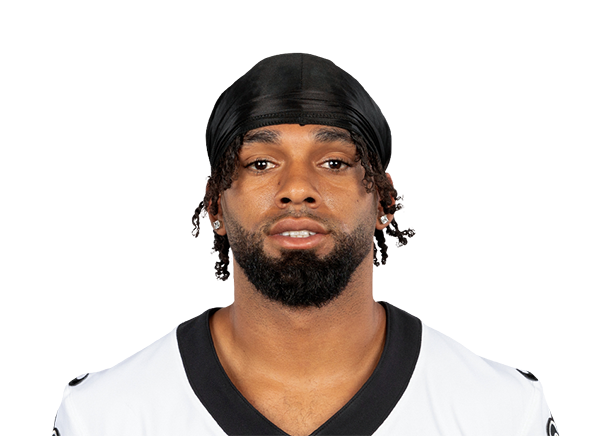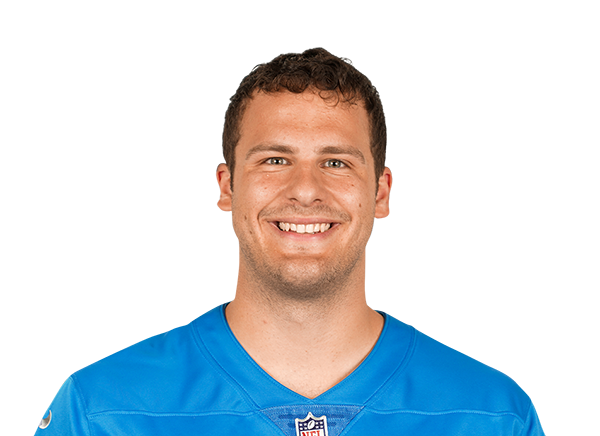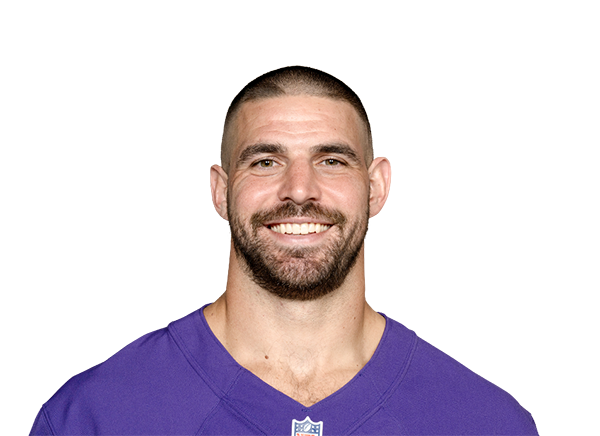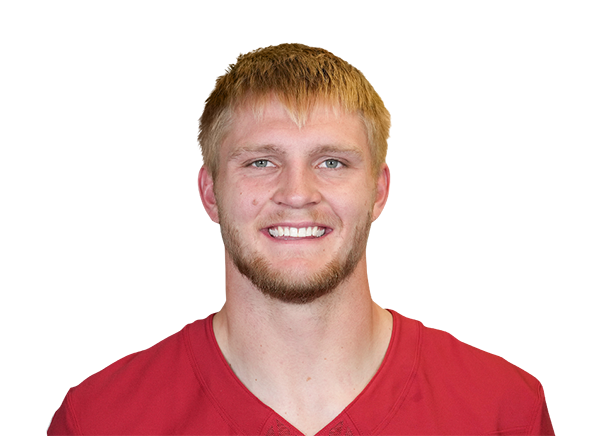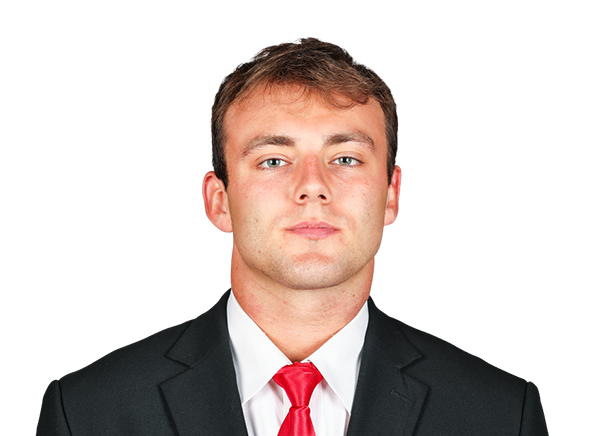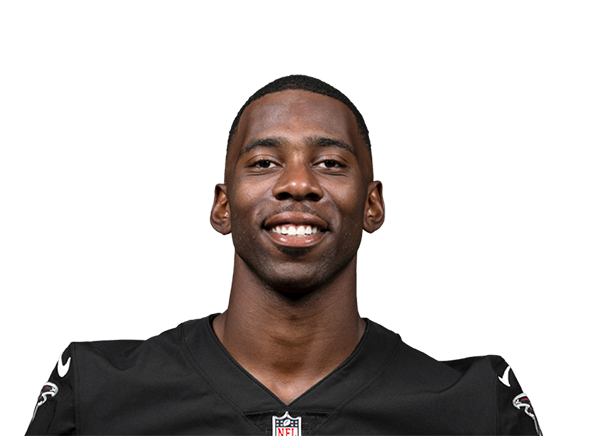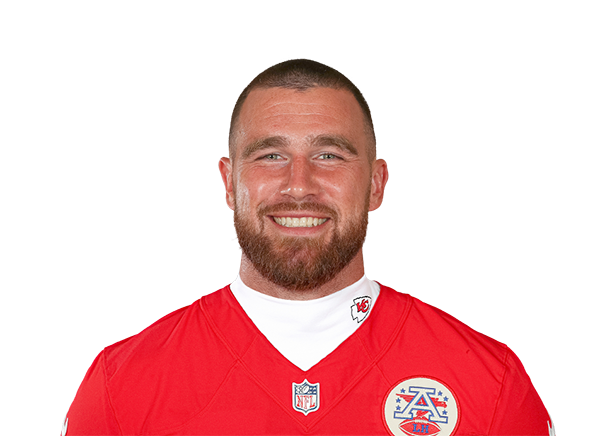A Job for Cobb
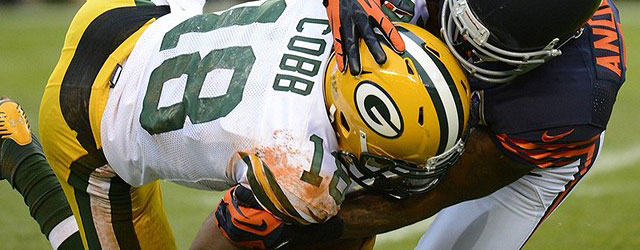
“They have too many receivers for him to make an impact.”
“He’s nothing but hype.”
“They’ll have to work too hard to get him involved.”
These are a few of the things I heard after taking Randall Cobb last year in my dynasty draft, and chances are, so did you.
Upon his arrival at Kentucky, Cobb started his collegiate career at quarterback. After accounting for 11 touchdowns in his first season, Cobb was named to the SEC All-Freshman team. By the time he became a Sophomore, the “Wildcat” formation was being used by any team that had a capable player to do it. For Kentucky, Cobb was the CEO of the Wildcat playing the “Wildcat.” Playing primarily as a receiver, Cobb increased his touchdown total to 15 in 2009. By the time he finished in Lexington, he tied the school record for career touchdowns with 32, after posting 16 in his third and final season.
The production he enjoyed helped Cobb earn himself a second round selection (64th overall) in the 2011 NFL draft, being taken five picks after Greg Little, and 18 after Titus Young. He immediately turned heads in his first game by scoring two touchdowns, including a 108-yard kickoff return just weeks after his 21st birthday. After that week, we didn’t see much of the 5’10”, 190 pound receiver, being targeted just 29 more times during the regular season. Overall, Cobb finished the year with 54 offensive touches, giving the Packers something to be excited about heading into 2012.
In 2012, the amount of his touches more than doubled, as he finished the year getting the ball in his hands 121 times. His touchdown total soared from two up to nine. His ability to carry the ball as a returner and a running back gave owners the equivalent of an 1,100-yard receiver still working to reach his enormous potential.
Ever since he entered the league, Cobb’s skill set has been compared to Vikings wideout Percy Harvin. Whenever an analyst talks about them, they use the three E’s: “Electric,” “Explosive,” and “Elusive.” There’s no doubt there are similarities in their game – Cobb, like Harvin, is excellent at making plays in open space. They’re both players you make an extra effort to get the football to.
In actuality, Harvin’s quicker, faster, and stronger in almost every category based on their pre-draft numbers:
| NAME | 40-Yard Dash | 3-Cone Drill | 20-Yard Shuttle | Vert. Jump | Broad Jump | Bench Press |
| P. Harvin |
4.41 |
6.85 |
4.39 |
37 ½ |
10’1” |
19 reps |
| R. Cobb |
4.46 |
7.08 |
4.34 |
33 ½ |
9’7” |
16 reps |
Even with the sizeable difference in attributes, we’re more likely to see Harvin score a touchdown on a bubble screen, while Cobb is more likely to make plays downfield to score points. The difference is that Cobb’s in a system that lends itself to long touchdowns more than Harvin’s does – it’s a direct relation to the quality of their quarterback. Even though Harvin may be the better playmaker, Cobb is the receiver I prefer. Since Harvin missed seven games last year, we’ll go back to the middle of 2011 to look at how many yards his touchdowns accounted for.
(Touchdown Lengths since Week 16 2011)
| NAME | TD Length 1 | TD Length 2 | TD Length 3 | TD Length 4 | TD Length 5 | TD Length 6 | TD Length 7 |
| P. Harvin |
6 |
8 |
5 |
10 |
4 |
3 |
18 |
| R. Cobb |
5 |
39 |
5 |
13 |
21 |
22 |
20 |
As you can see, when Harvin scores, it’s generally not a big play unless he’s playing special teams. Certainly the improved production at quarterback helps Cobb achieve gaudier numbers, as this shows the difference between playing with Aaron Rodgers and Christian Ponder. In Ponder’s defense, a reason Harvin may score shorter touchdowns is the effect of Adrian Peterson. Teams are expecting Peterson to get the football near the goal line. When they do, Harvin provides the Vikings an excellent change-of-pace deep in the red zone. I’m not saying to rank Cobb over Harvin right now, but that’s not saying things won’t change. Rodgers is an elite talent, and any starting receiver for him should be a starting receiver for you.
This off-season, Cobb owners are crossing their fingers that Greg Jennings finds a new home here shortly. Sure, the Packers can give Jennings a big contract, but they could be giving it to a player who could end up their WR3 – that may prove to be too steep when that entire tab goes on this year’s salary cap for a player who turns 30 early this season. In the spirit of staying competitive, the Packers may move on with Cobb, James Jones, and Jordy Nelson their starting receivers next season and dedicate their off-season resources to other positions.
Heading into 2013, the biggest change fans will notice with Cobb is that he’s unlikely to return kicks next season, according to head coach Mike McCarthy, who spoke at the NFL Combine:
“Our special teams in a number of areas was about as good as we’ve played in our time there in Green Bay,” McCarthy said, “and Randall is a big part of that. I hope he’s not playing next year. That’s really the responsibility of the rest of the skill players in the locker room. He’s someone who we spent a lot of time this time last year developing packages for him, as far as putting him in the backfield and so forth. I prefer not to play him on special teams. We’ll let time answer that.”
Expect the Packers to make a change at running back heading into next season. When they do, the best hope for Cobb owners is that the new back won’t light up a stopwatch, allowing Cobb the chance to use his talents not only has a receiver, but has a speed back a la Darren Sproles next season. Increased opportunities at running back, coupled with his expected production as a wide receiver should vault Cobb into the top ten at his position next year. The fact that the soon-to-be 23 year old won’t be returning kicks next season shouldn’t give owners reason to believe his production will suffer. In Cobb’s case, added experience should bring increased opportunity and production in a top-flight offense, resulting in his first season with over 1,000 receiving yards and ten touchdowns.
Cobb holds more talent than anybody else catching passes from him and has a quarterback that makes average receivers good, and good pass-catchers great. That places him in one of the most favorable situations in all of football. If you can keep him, do it, and laugh at all the newbie’s trying to work “Cobb” into their team names next season.
Follow Dan Hasty on Twitter @DanHasty34.





